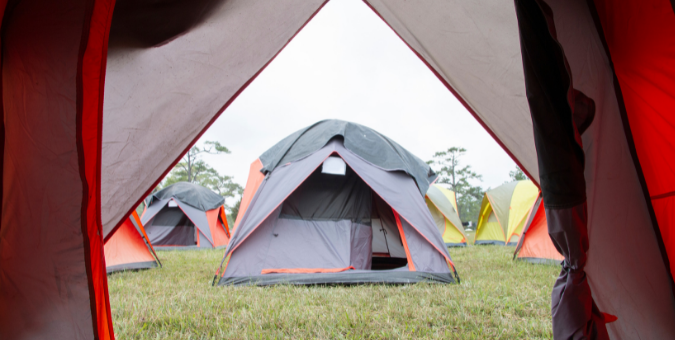
The Scout Association is a well-known organisation that offers young people ‘fun, adventure and skills for life’. Initially for boys and young men, the Scout Association began admitting girls throughout the age groups in the early 1990s.
With a strong focus on outdoor pursuits, being a Scout would generally involve weekly meetings where activities would take place and also organised camping trips where the Scouts could put their skills to the test. Overall, the aims of The Scout Association are positive and it can provide an excellent opportunity for young people to become involved in various activities where they can make friends and benefit their community.
The Scouts Association and Abuse
However, in recent years the organisation has faced criticism for the extent of child sexual abuse that has taken place. In July 2021 the press highlighted the issue, reporting that since the 1950s more than 250 individuals have been convicted of child sexual abuse in the UK and Ireland whilst they were Scout Leaders or in a position of responsibility within the organisation. Our own experiences of helping those who have suffered sexual abuse at the hands of their Scout Leaders includes both historic and recent cases.
There have been prosecutions involving Scout Leaders from all over the country. Our experience is that over a period of time, there are often a number of children who have suffered abuse at the hands of a particular Scout Leader. An example is John Edwards Bates, a former police officer and Scout Leader was convicted of sexual abuse of young Scouts in his care in 1983 and sentenced to serve four years in prison. However, the charges he faced at the time were only a snapshot into the true extent of his offences. He faced further allegations in recent years, and in 2016 was convicted and sentenced to serve 20 years in prison.
Scout Leaders are placed in a position of trust and authority. This was highlighted in the Independent Inquiry into Child Sexual Abuse (IICSA) report published in July 2021 which examined child sexual abuse in contemporary institutional contexts. Being in such a position of trust and, frequently, a well-respected member of the community often gave rise to opportunities to be alone with young people in circumstances where abuse could then take place. Furthermore, my experience is that the child in question is often aware of the standing of the adult who is committing the abuse, which acts as a barrier to the child feeling able to tell anyone what is happening. This could be for a variety of reasons, including fear of not being believed or worry about the consequences of disclosing the abuse.
Often, those who are intent on abusing children are attracted to roles such as those within the Scout Association which will place them in a position of trust and allow them access to children. For this reason, it is vital that such organisations have robust and well enforced policies and procedures to ensure that the children in their care are protected, with any concerns dealt with quickly and effectively. In recent years, the Scout Association has suggested that it has improved its safeguarding procedures and have recently described their safeguarding policies and procedures as robust. They have confirmed that following a review by the NSPCC in 2012 and an independent review by Hugh Davies QC in 2015, they have implemented the recommendations they were given to ensure the safety of children.
However, there remains some criticism that the Scout Association can and should be doing more to ensure that everything possible is being done to ensure that children in their care are protected from suffering abuse. For example, concern has been raised that the current procedures in place still rely too heavily on the integrity of the Scout Leaders themselves. It is a stark reminder than when it comes to safeguarding children and preventing sexual abuse, it is vital that organisations such as the Scout Association can never become complacent. It is important to encourage a culture that ensures that any and all concerns or suspicions are reported immediately, thoroughly investigated and the appropriate authorities are informed without delay.
What to do if you suspect abuse is taking place
If you are a parent who has concerns that your child or other children may have suffered or be suffering abuse at the hands of a Scout Leader or within any similar organisation, you should contact the Police immediately to report your concerns. You can do so by attending your local Police station or calling 101 which is the non-emergency number. In addition, you may wish to consider making a formal report of your concerns to the Scout Association directly. Making a disclosure of sexual abuse is difficult for all involved, so you may wish to seek some support from your GP or a charitable organisation such as the NSPCC.
It may be that you are an adult who suffered abuse historically and have not felt able to consider taking action sooner. We understand that suffering abuse can have a long lasting impact and it can be difficult to talk about what happened. We have significant experience in dealing with historic cases involving child sexual abuse, so can talk you through the next steps.


















